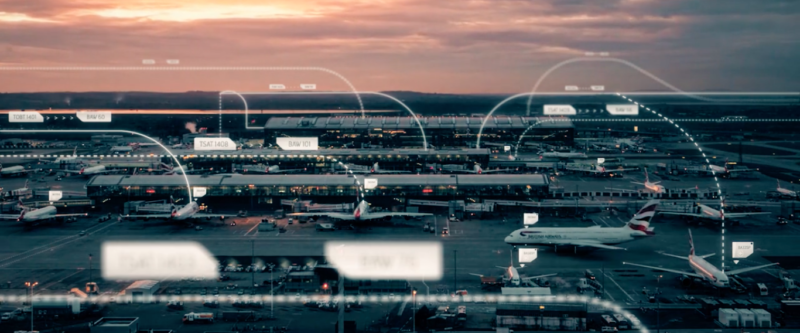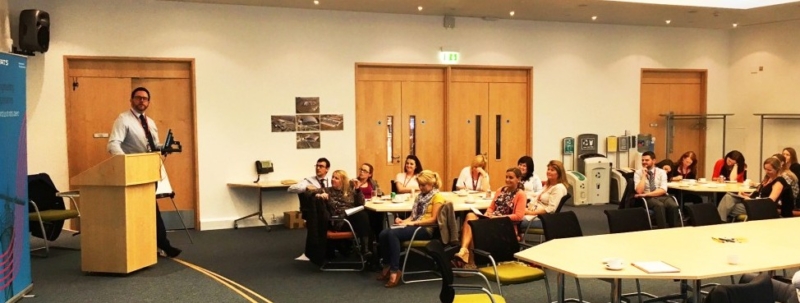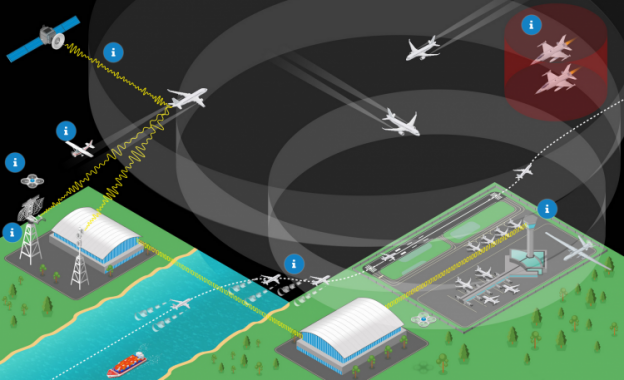We are always looking for new ways to challenge and inspire our thinking; part of that involves making sure that our solutions are not limited to a narrow Air Traffic Management (ATM) perspective and are instead considering how knowledge from other disciplines could be applied to ATM (flow management is used in multiple industries/situations, we just apply it to ATM for example).
One of the ways we go about this is through a partnership with the Smith institute for Industrial mathematics and system engineering, an organisation which helps to connect industry with leading academics.
Earlier this month, NATS hosted a workshop at our Swanwick Operations Centre in partnership with the Smith institute. Senior academics from Cambridge, Oxford, Cranfield and other leading Universities, from Schools ranging from Computer Science & Technology to Mathematics, Energy and Aeronautics, joined NATS staff to discuss many of the challenges we face today and expect to face in the future.


Attendees were provided with a high-level overview of air traffic management in the UK before being briefed on the emerging challenges we face in a number of key areas such as airspace capacity & management, queuing and synchronising traffic into airfields, systemising the structure of lower airspace and delivering free route airspace in upper airspace.
Our visitors were encouraged to bring their knowledge and experience of applied mathematics and system engineering in other industries to bear on discussions. The discussion threw up all sorts of ideas where techniques from other industries could be applied to ATM: using formulae currently applied to help manage supermarket customer flows to predict future ATM demand and estimate controller workloads; and considering the problem of bunching departures as a “string instability” problem, which has already been studied in numerous fields, for example in road traffic management.

The ambition was not to solve the problems there and then but to discuss how existing research and concepts already in use in other industries could be applied to air traffic management. The next step is the completion from our visiting academics of a report, based on the discussions at the workshop, outlining in greater detail areas where there is potential to apply new or different methods to address those challenges.
Dr Melvin Brown, from the Smith Institute attended the event and commented ‘The session at NATS was a great example of the value of bringing together the academic and business communities in this way. The session provided real insight, both for the academics and for NATS, who were able to draw on the different knowledge and experience of the academics to the many complex challenges facing the ATM industry today. The workshop has paved the way for future collaborations that will benefit both NATS and some of our leading academic institutions.’
We’re now looking forward to receiving the report before working out how to take any proposals forward.
Comments
Please respect our commenting policy and guidelines when posting on this website.



